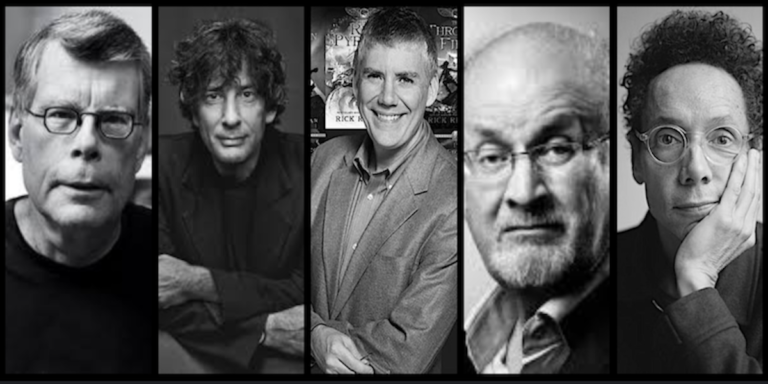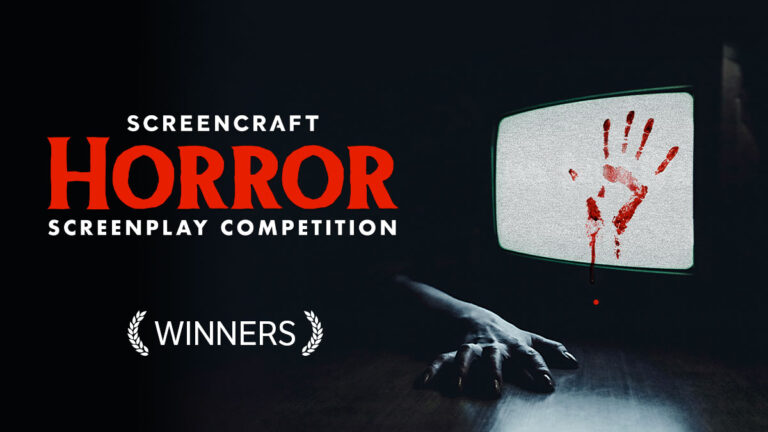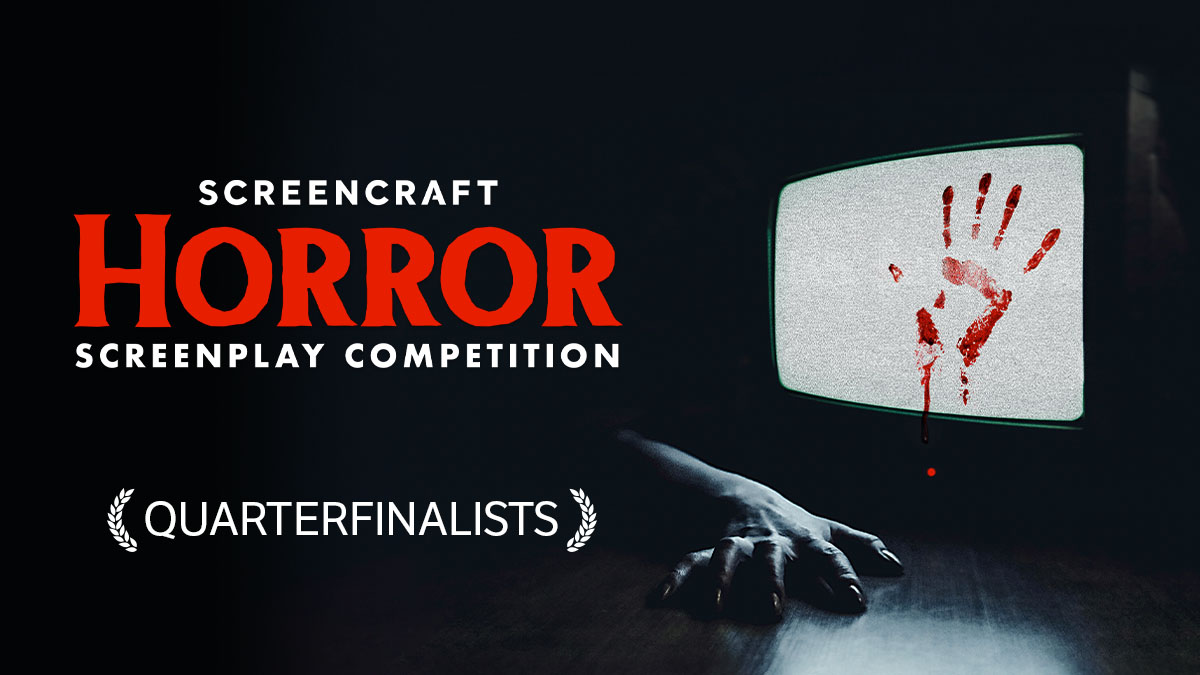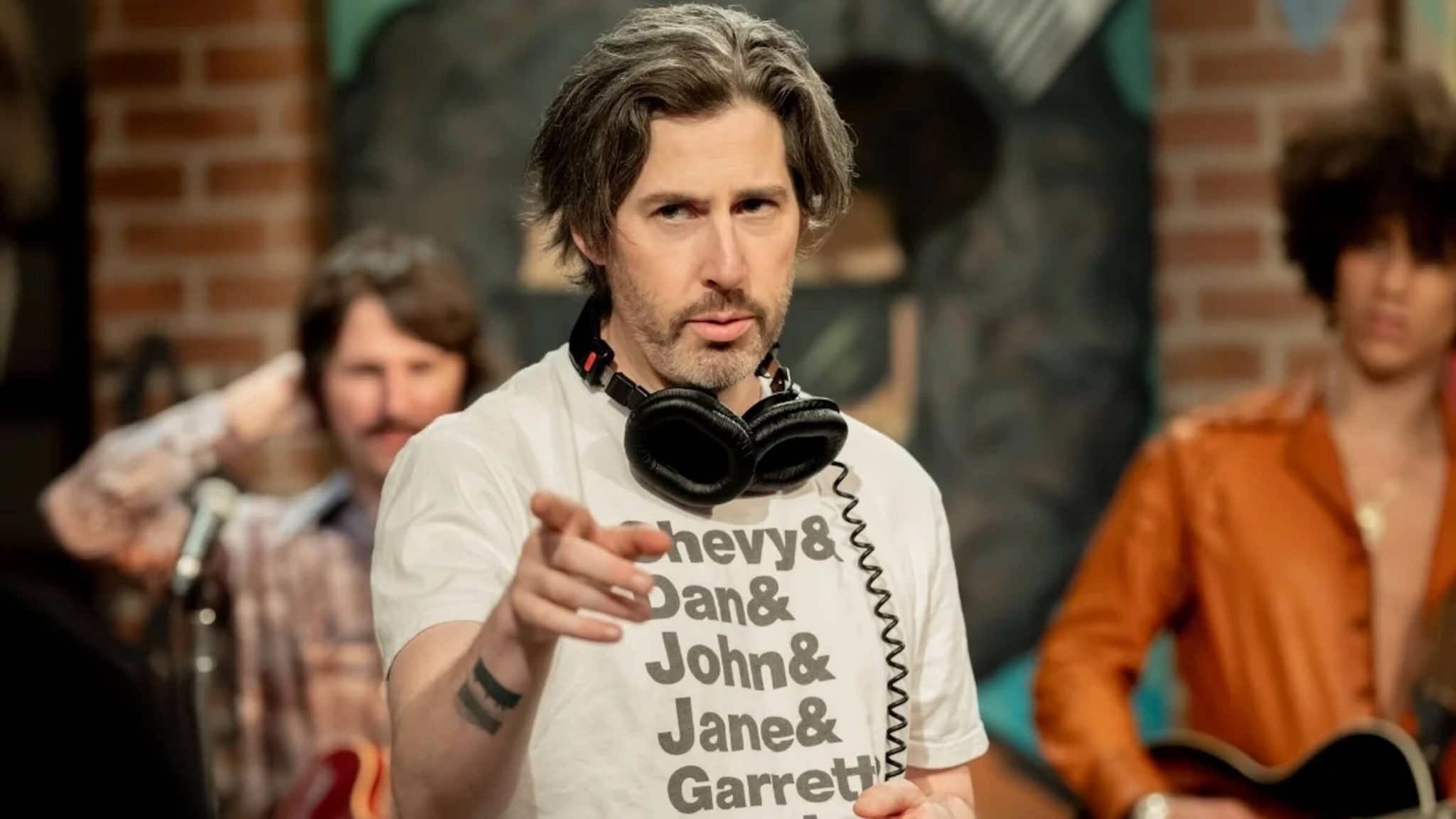Writing Wisdom from Malcolm Gladwell, Salman Rushdie, Stephen King and More

What can screenwriters learn from five masters of the literary platform?
Here we turn to the video 5 Writing Tips From Famous Authors to feature writing advice from five literary masters, accompanied by our own elaboration on how screenwriters can use these wise words in their screenwriting journeys.
1. Stephen King
"The more successful that you get, the more important it is to listen to an editor who won't let you hang yourself in Times Square."
King was speaking about the importance of being open to criticism and embracing outside voices. Screenwriters need the same type of feedback that authors get from editors. You have to learn how to accept feedback. You don't have to follow each and every note that you receive from writing peers and mentors. But you at least need to listen and consider.
Download a free eBook to help you find the best competitions that provide feedback on your work.
2. Neil Gaiman
"Write things you care about... I get puzzled and lost when people start asking me questions about what they should be writing for the market. There is no market. There's nobody in the whole world of marketing, ever, [that] would have woken up one day and said, 'A Series of Unfortunate Events is exactly what the world needs.'"
Stop chasing trends and stops asking industry insiders what you should be writing. They don't know. Nobody does. You should be focusing on two things — writing things that you care about and writing things that you want to see on the big or small screen. Because when you write with a personal passion for a project, it shows in the work.
3. Rick Riordan
"You have to practice. Writing is like a sport. It's like athletics. If you don't practice, you don't get any better. You can't just talk about doing it. You actually have to sit in the chair and get out the keyboard or pad of paper and actually write. If you can do a little bit every day, that's great. It doesn't have to be a lot. Even a page a day will build up your writing muscles, and you'll get better at what you're doing."
Any type of writing helps you to keep those writing muscles working. If you're working on a script, write script pages. If you're in between scripts, write a short story or short screenplay.
4. Salman Rushdie
"The moment you decide that you're going to have a rug that flies through the air, you must immediately ask yourself realistic questions about it. What would that be like if you were standing on a carpet, and it levitated? Would it be difficult to keep your balance? Would the carpet be rigid, or would the movement under the air of the carpet make the carpet undulate? The moment you start to ask yourself those practical, real-world questions, the flying carpet becomes believable."
This is an excellent exercise when you're dealing with any subject, concept, or character that is somewhat out of this world. The best science fiction and fantasy screenplays and stories manage to make those worlds, characters, and items believable — at least in the framework of the worlds you set up.
5. Malcolm Gladwell
"[Writing] is about teaching yourself that everything is interesting. Because our natural inclination as humans is when we are confronted with things, we immediately try to edit. We have to edit. We have to sort of dismiss things and say, 'I'm not interested in that, and I'm not interested in that.' You have to reverse that very common human desire to edit and just to surrender, ask questions, and follow-up."
It's very easy in life to be complacent and stay within your comfort zones. But as a writer, you need to always broaden your horizons and be open to new stories and information. Stories and material are all around you. Be curious. Be open. Be ready and willing to open a book you wouldn't normally choose or read an article that doesn't fall under the umbrella of your usual topics that you love to follow.
Ken Miyamoto has worked in the film industry for nearly two decades, most notably as a studio liaison for Sony Studios and then as a script reader and story analyst for Sony Pictures. He has many studio meetings under his belt as a produced screenwriter, meeting with the likes of Sony, Dreamworks, Universal, Disney, Warner Brothers, as well as many production and management companies. He has had a previous development deal with Lionsgate, as well as multiple writing assignments, including the produced miniseries Blackout, starring Anne Heche, Sean Patrick Flanery, Billy Zane, James Brolin, Haylie Duff, Brian Bloom, Eric La Salle, and Bruce Boxleitner. Follow Ken on Twitter @KenMovies
For all the latest ScreenCraft news and updates, follow us on Twitter, Facebook, and Instagram.
Tags
Get Our Screenwriting Newsletter!
Get weekly writing inspiration delivered to your inbox - including industry news, popular articles, and more!




























